
The Checklist Manifesto
How to Get Things Right
First Edition: 2009 más...
Used by arrangement with Metropolitan Books, an imprint of Henry Holt & Company
ISBN: 9780805091748
Pages: 224
Read or listen offline
Amazon KindleRecommendation
Some of the most highly trained and respected professionals in the world rely on the humble checklist to keep them organized and out of trouble. Tremendous advances in scientific knowledge now overwhelm practitioners in many fields – to the point that they make regular but frequently avoidable mistakes. Boston-based surgeon Atul Gawande chronicles how his research into the aviation, construction and investment industries helped shape the World Health Organization’s production of a two-minute, 19-point surgical checklist that has saved countless lives worldwide. While not designed to be a how-to manual, Gawande’s book provides sample checklists, instructive examples and plenty of food for thought about how to create and fine-tune checklists that fit your job and your organization’s mission. getAbstract prescribes this eye-opening report to anyone responsible for complex tasks or for the lives of others and particularly to readers who plan to check into a hospital anytime soon.
Summary
About the Author
Atul Gawande is a MacArthur Fellow, a surgeon at Brigham and Women’s Hospital in Boston, and an associate professor at Harvard Medical School.









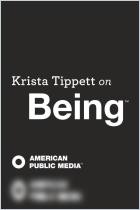
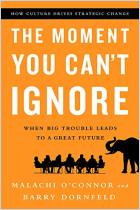

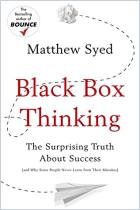
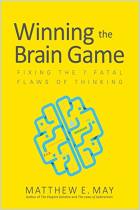
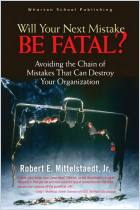
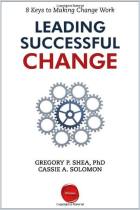



Comment on this summary